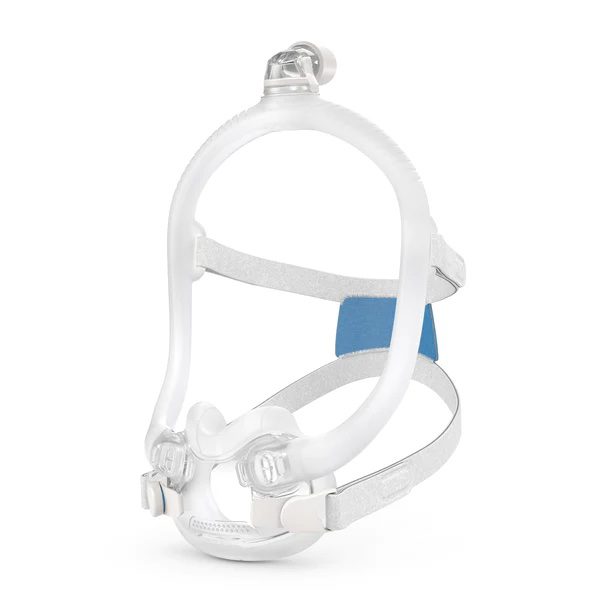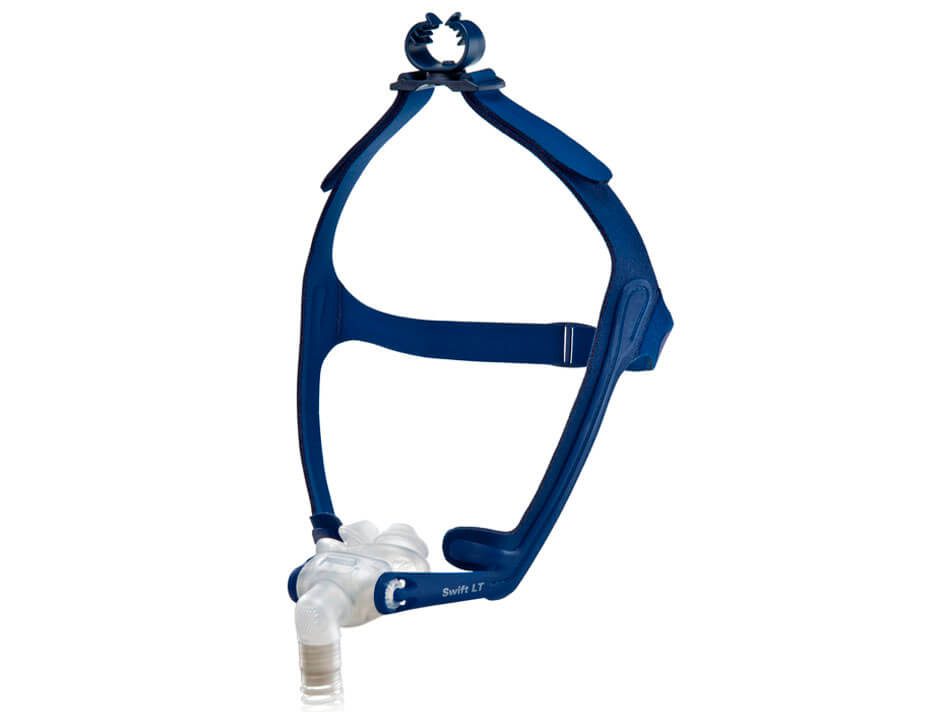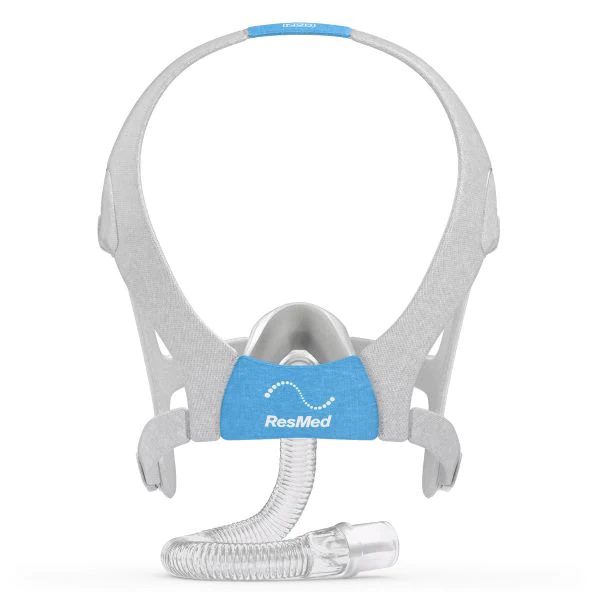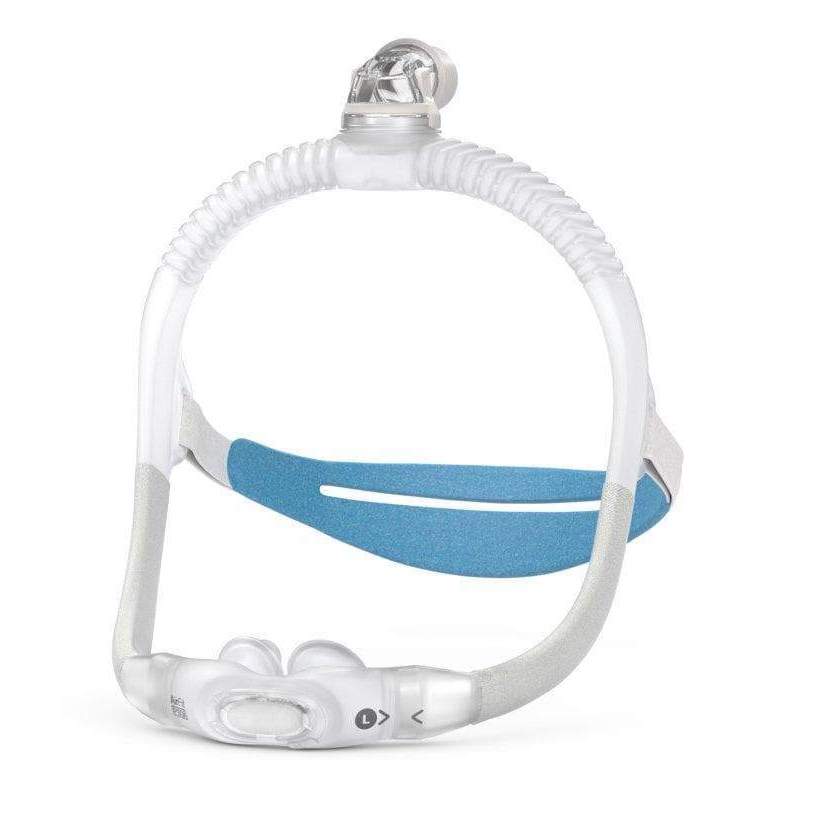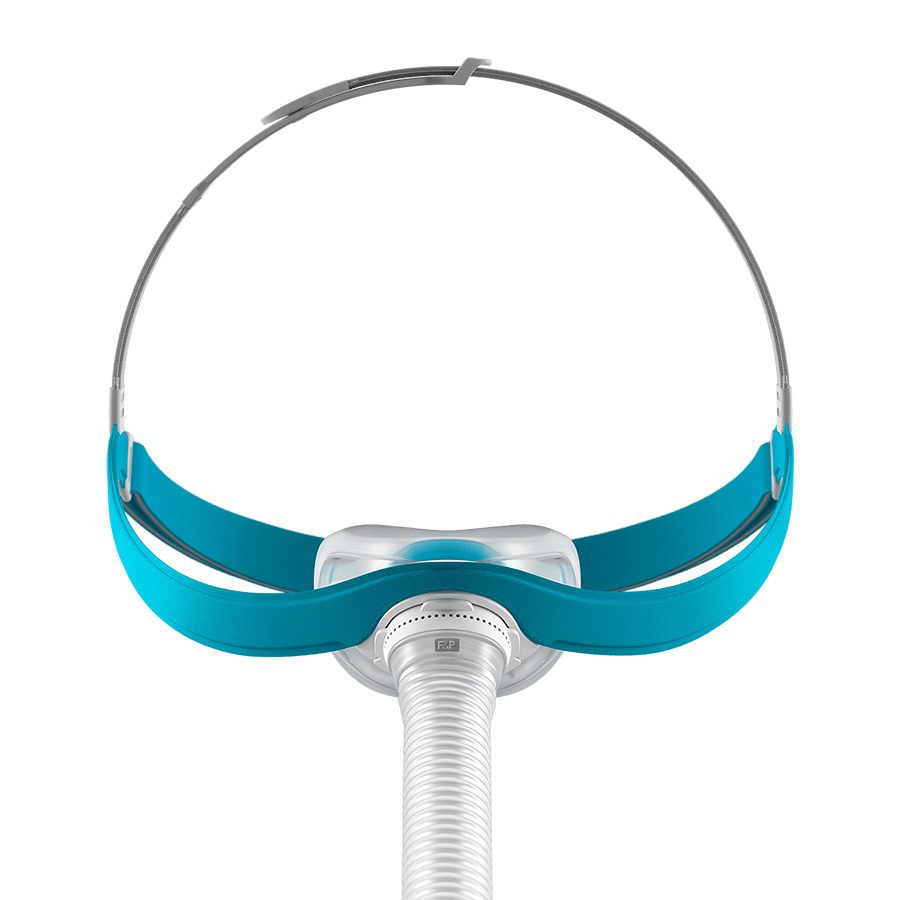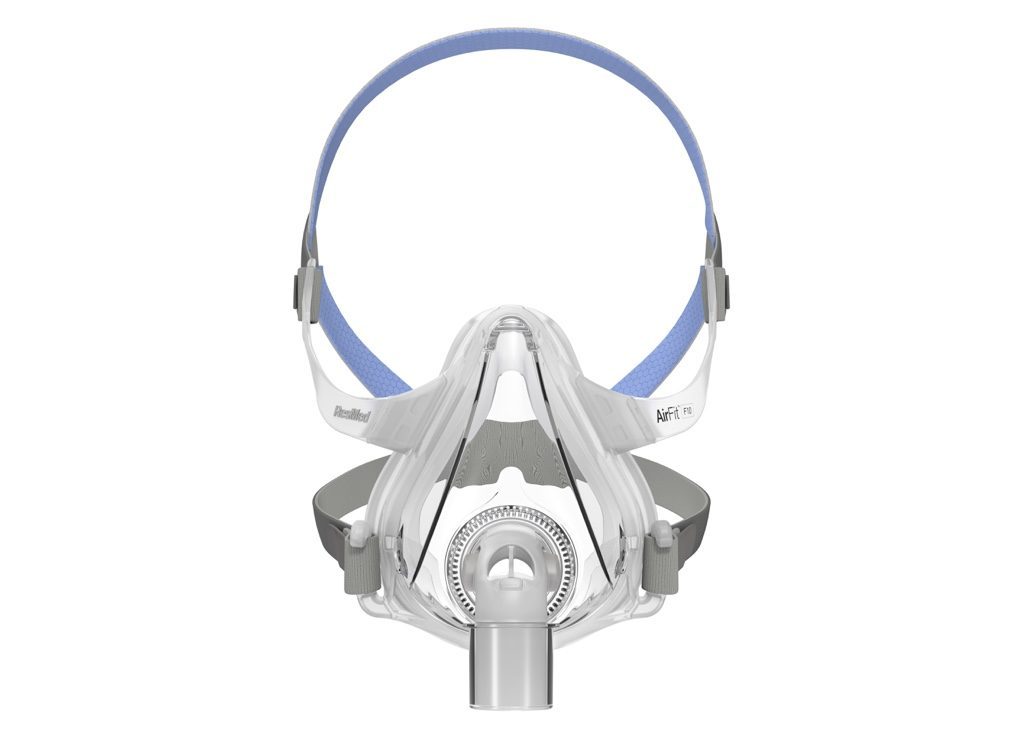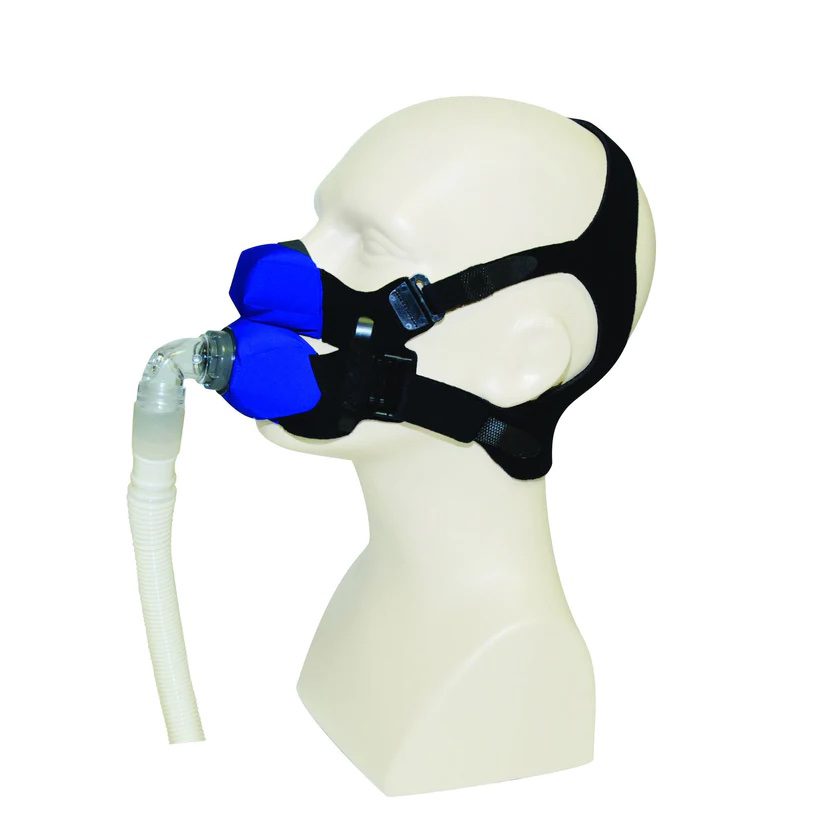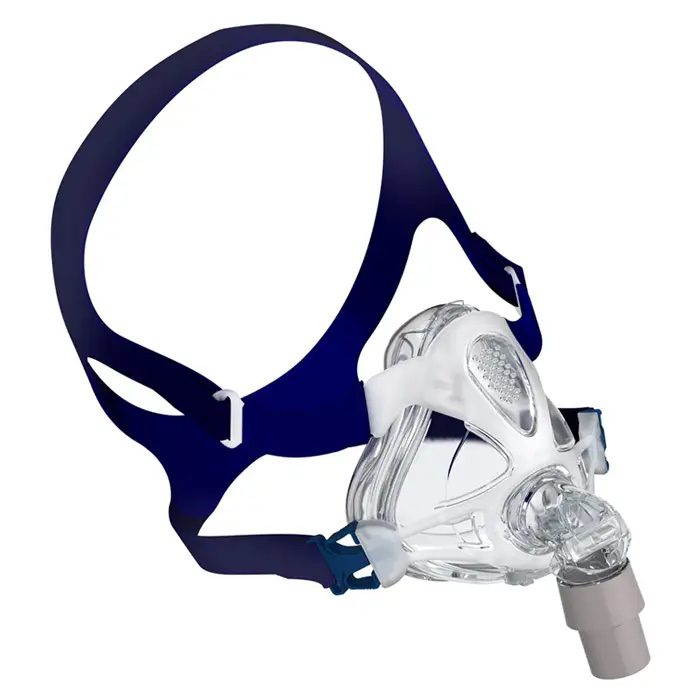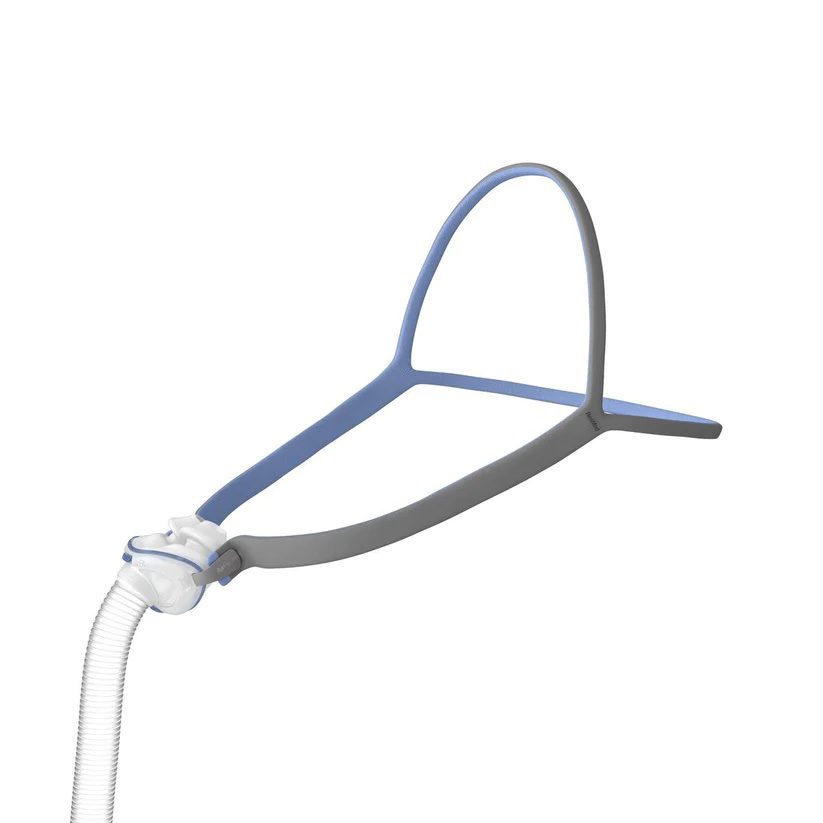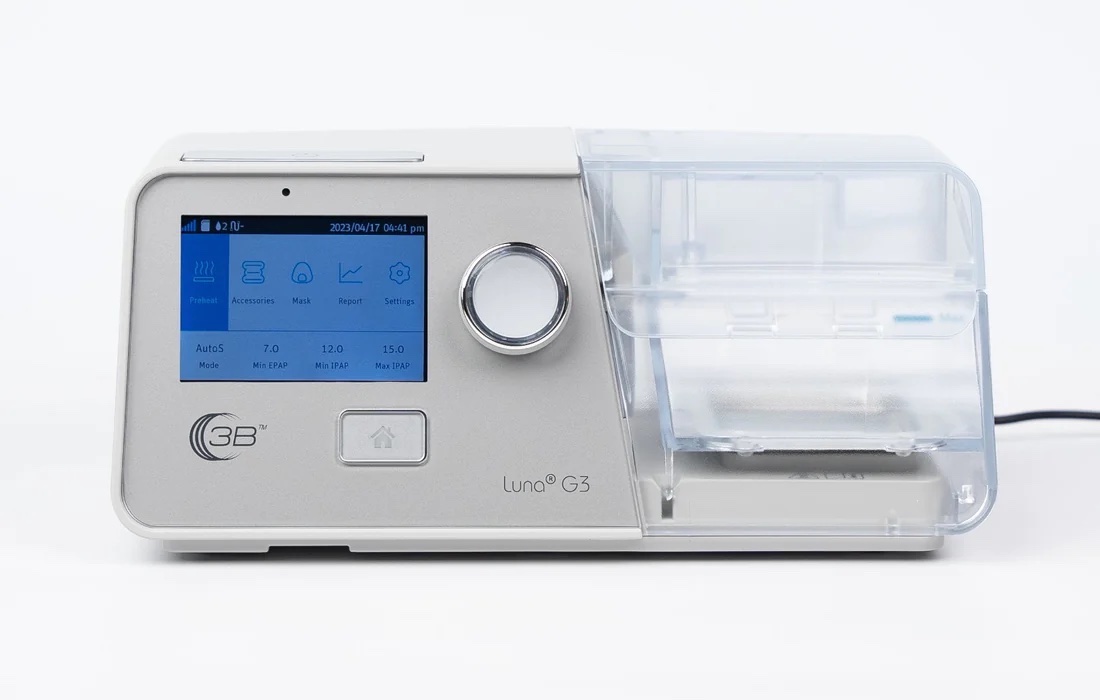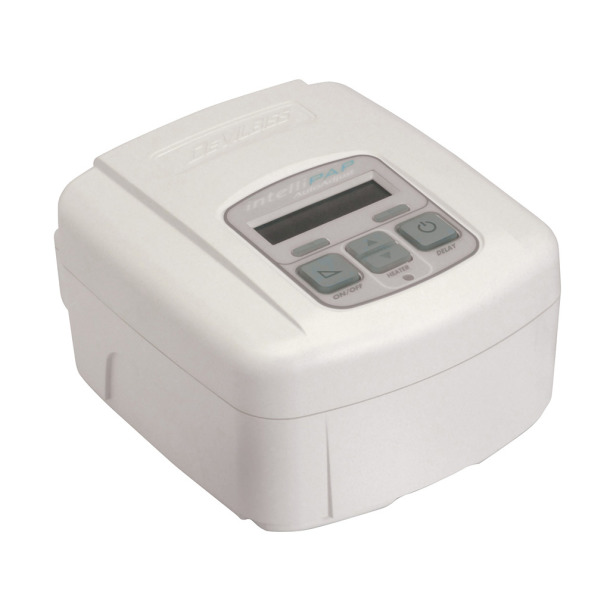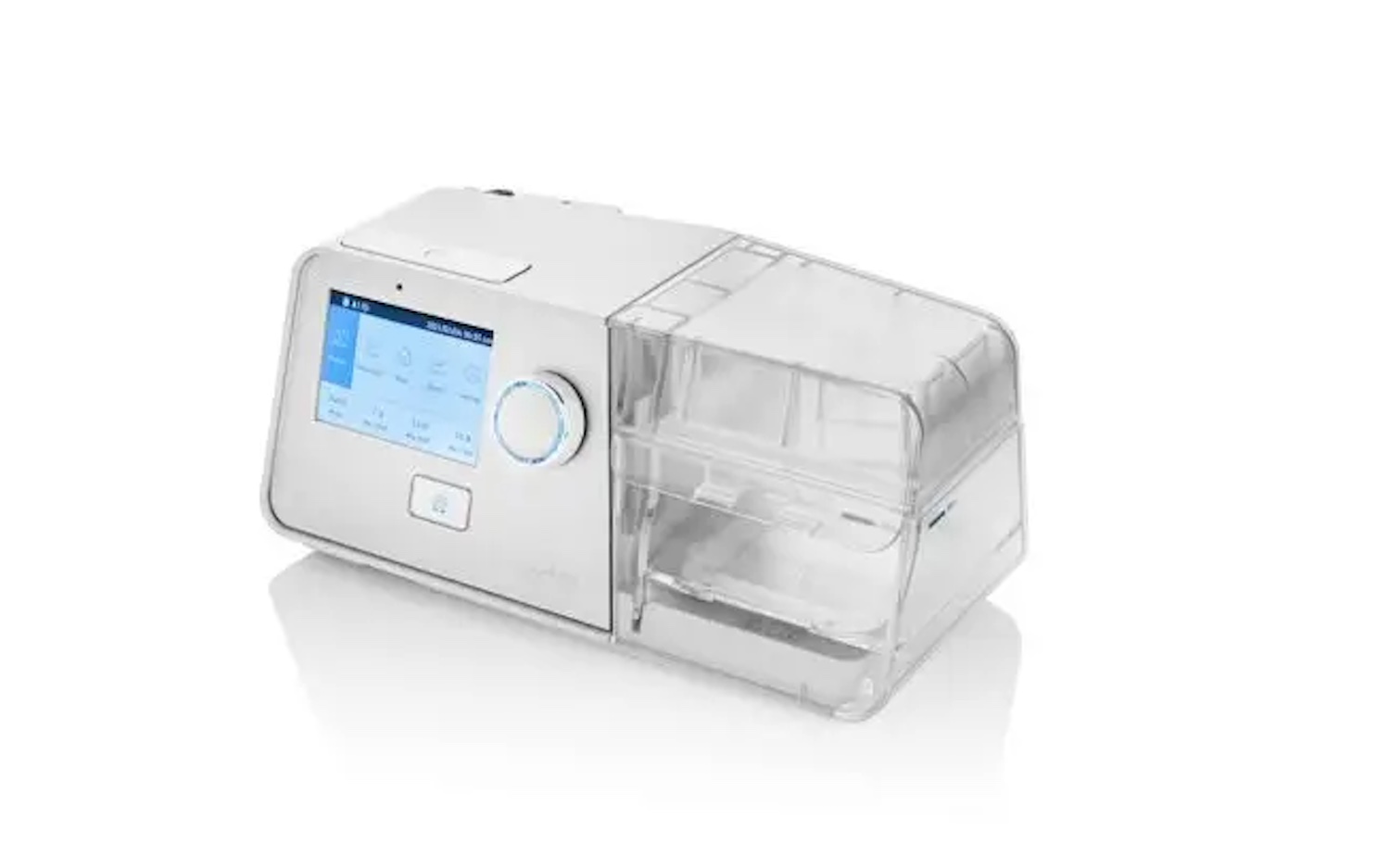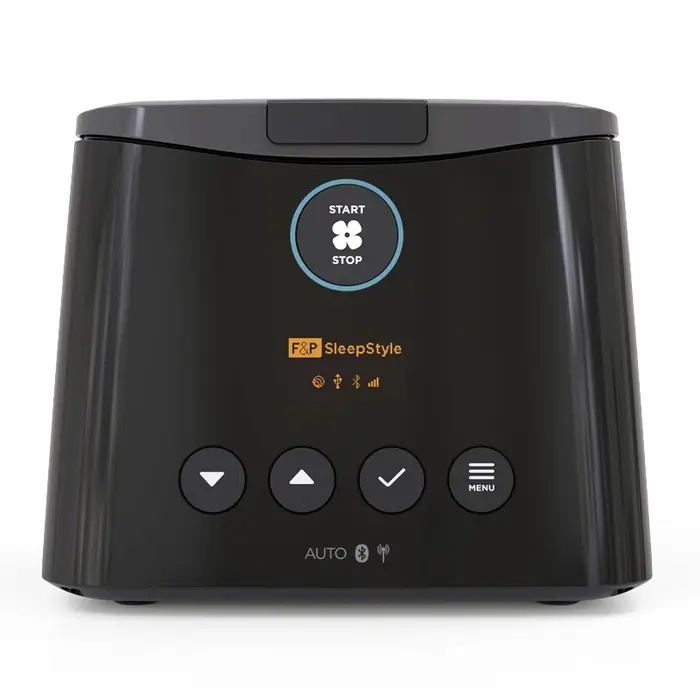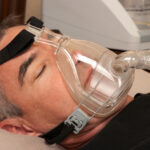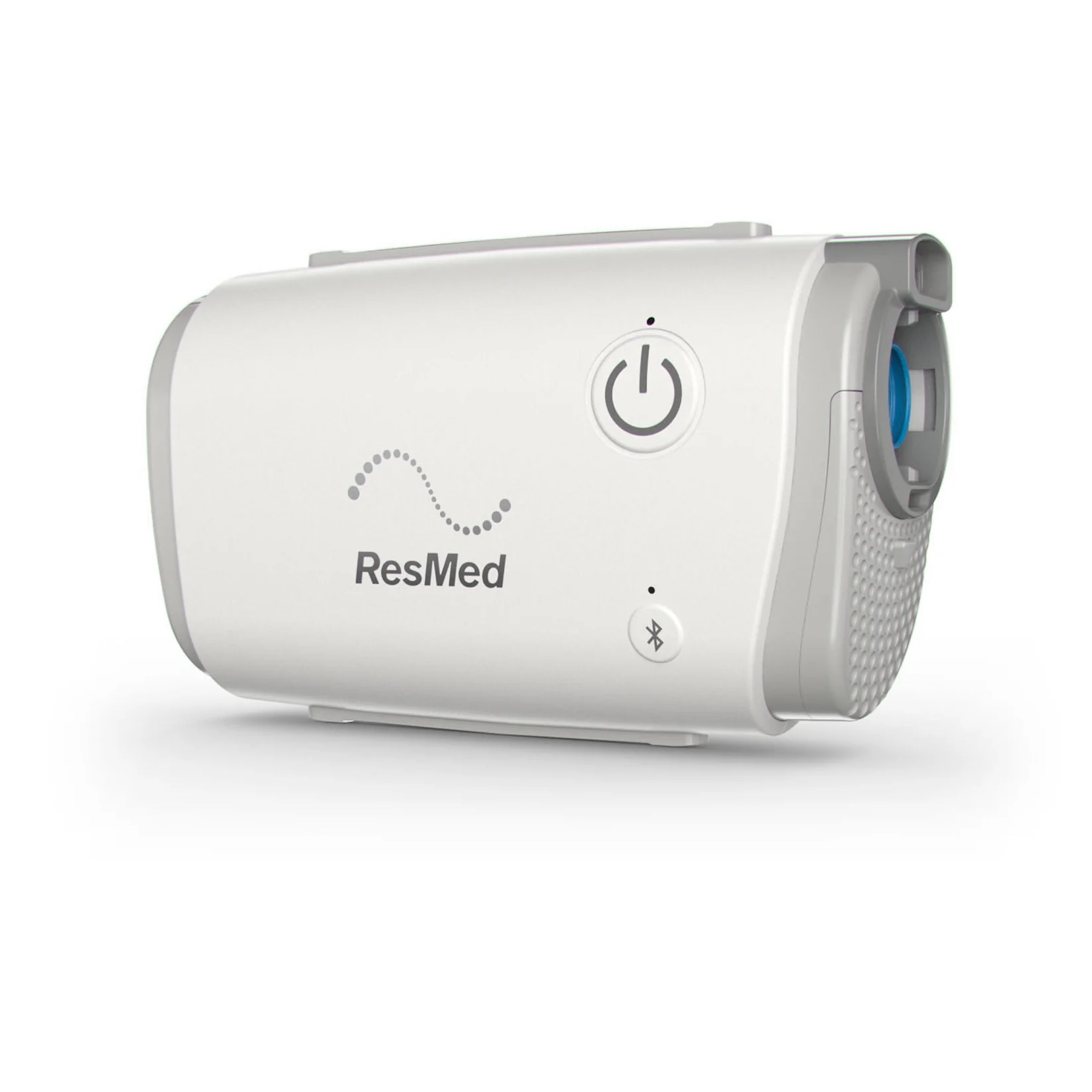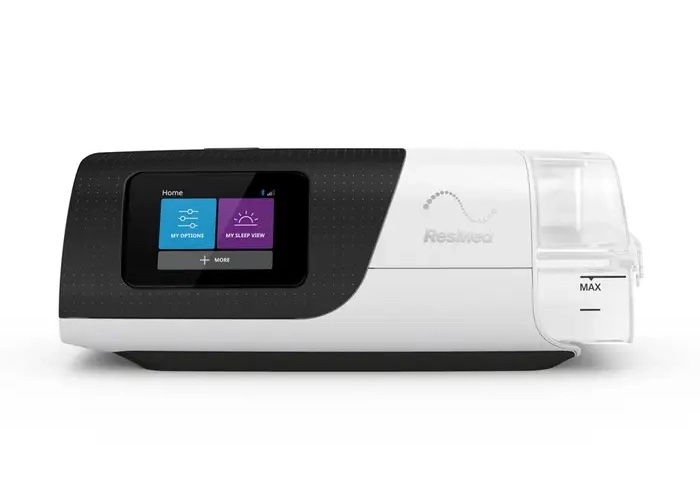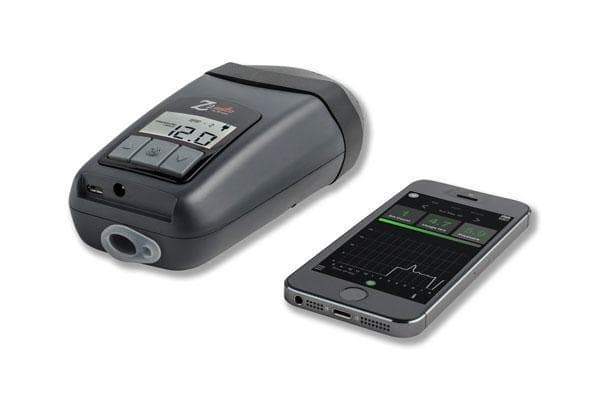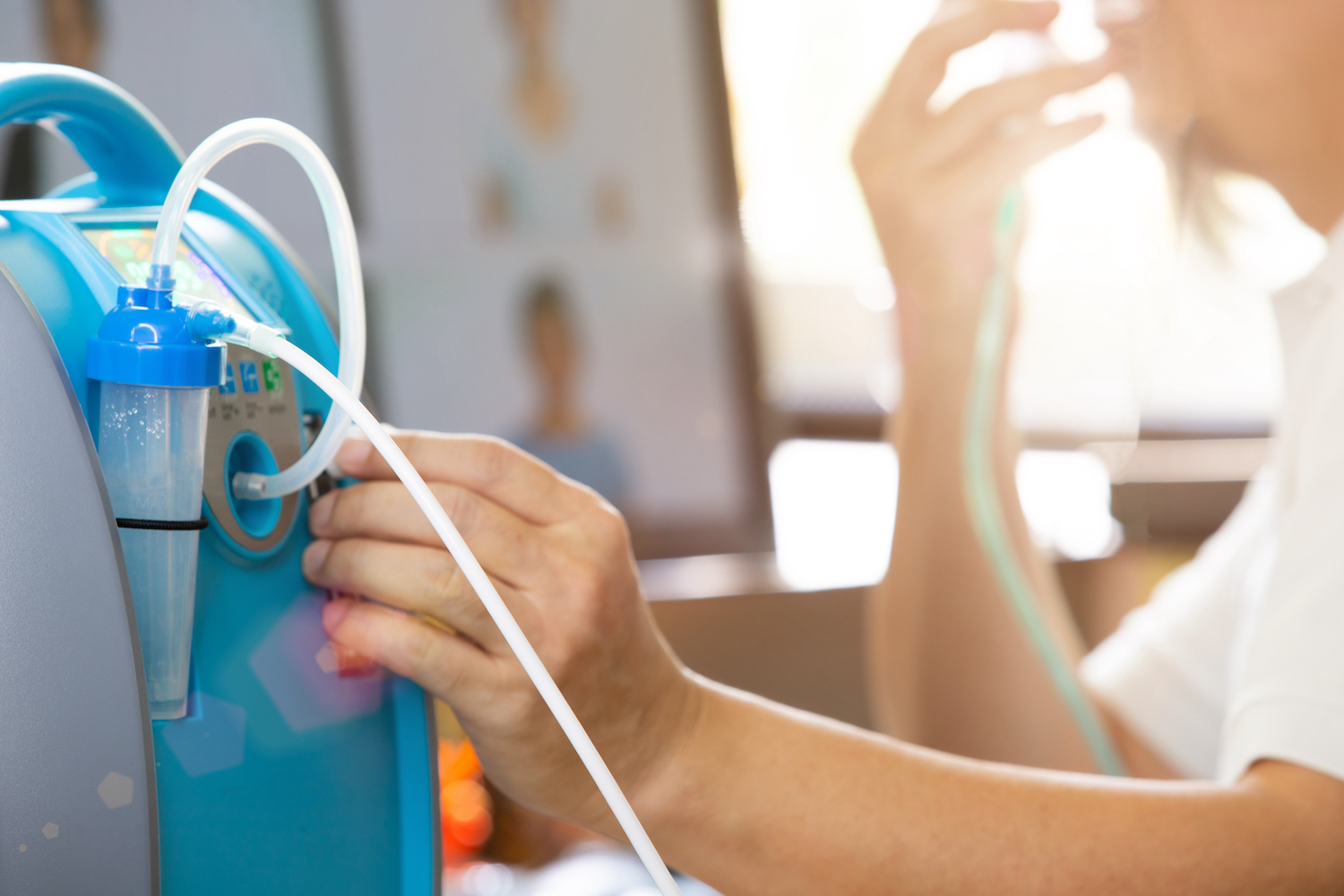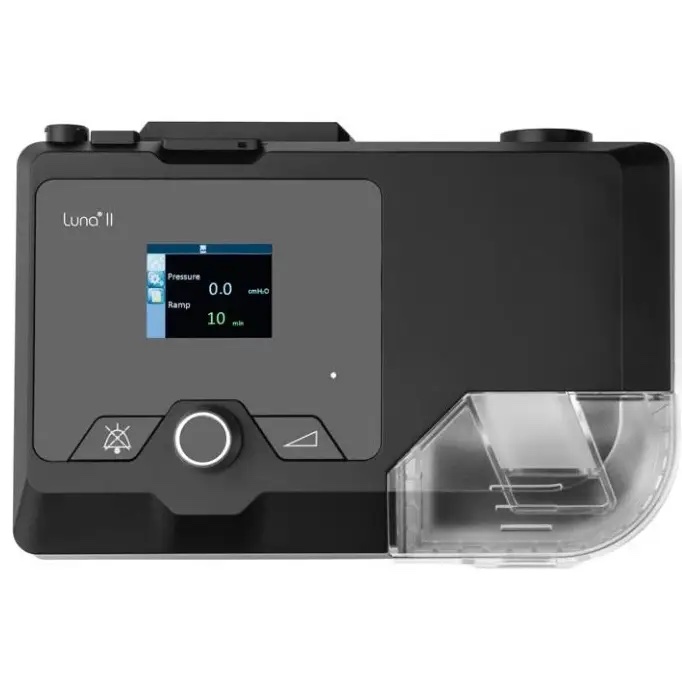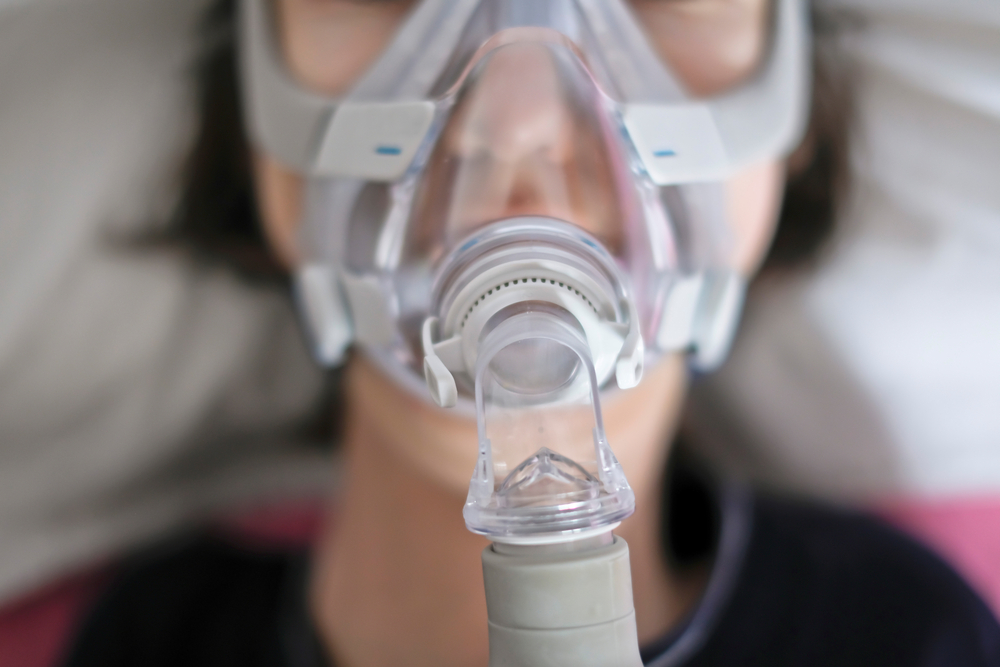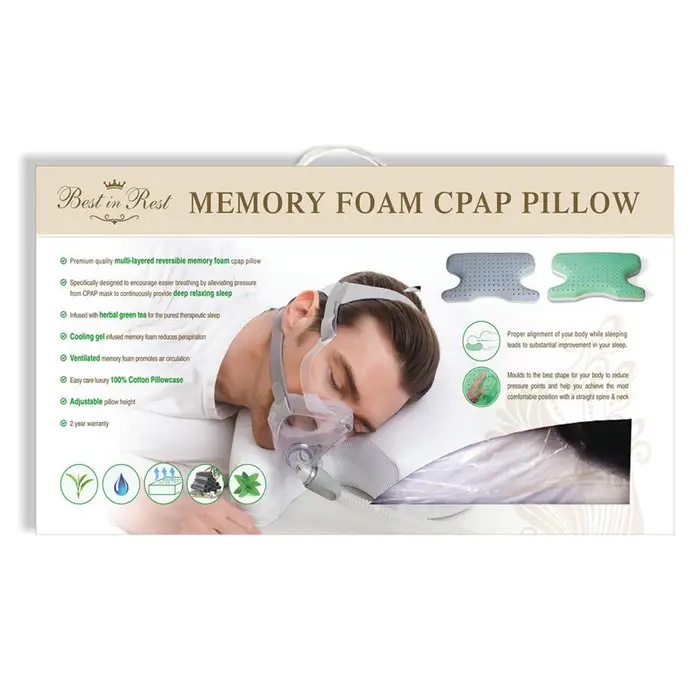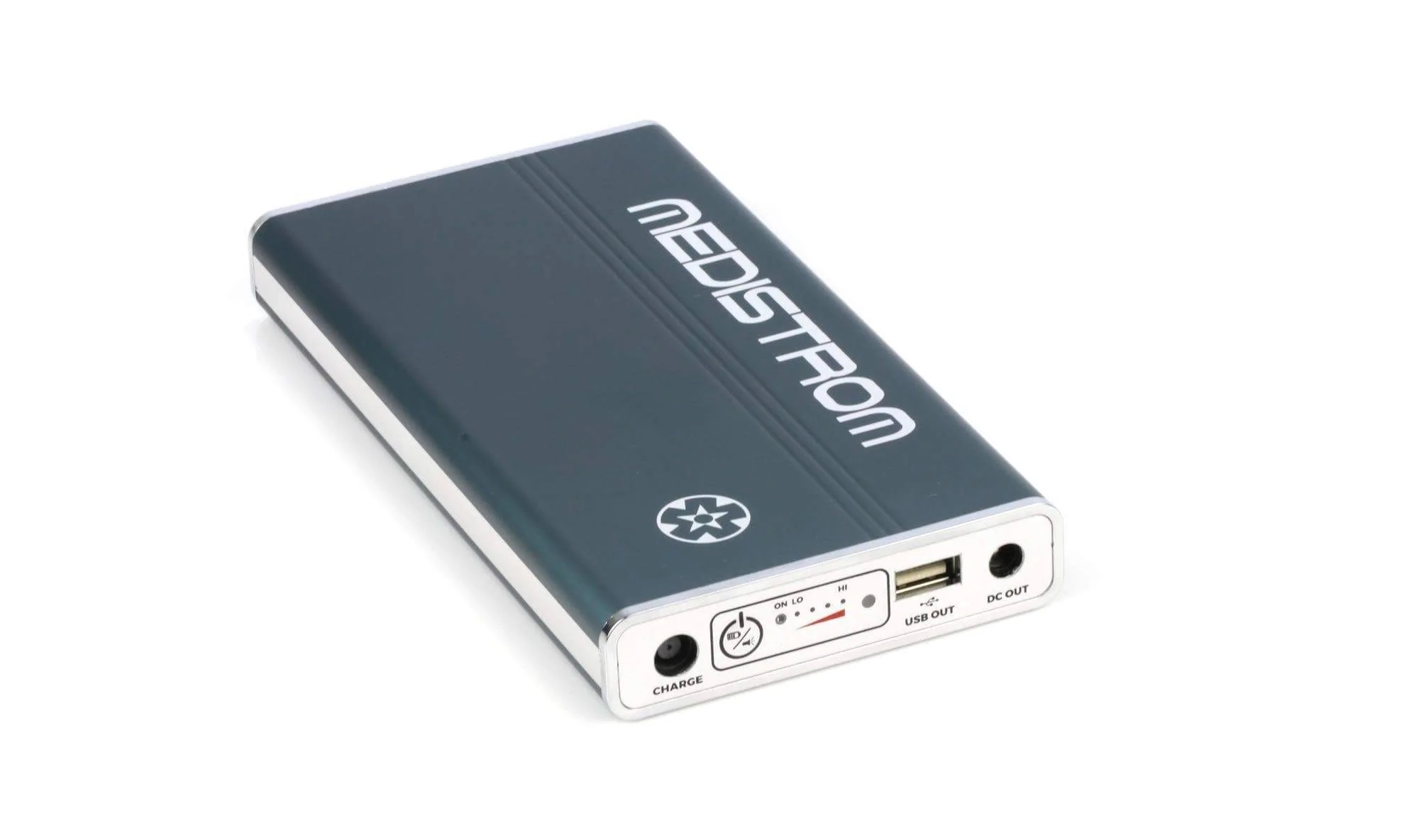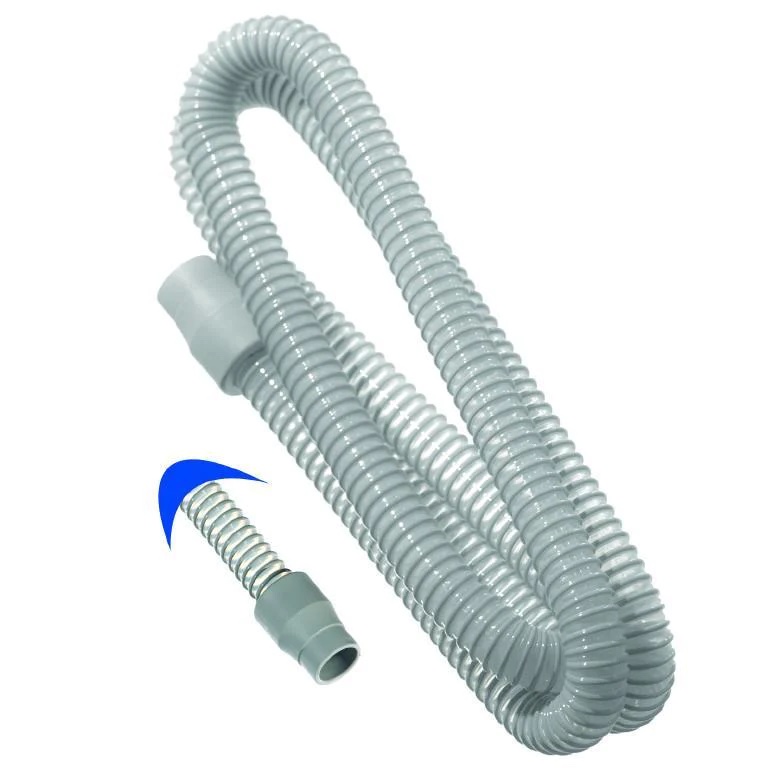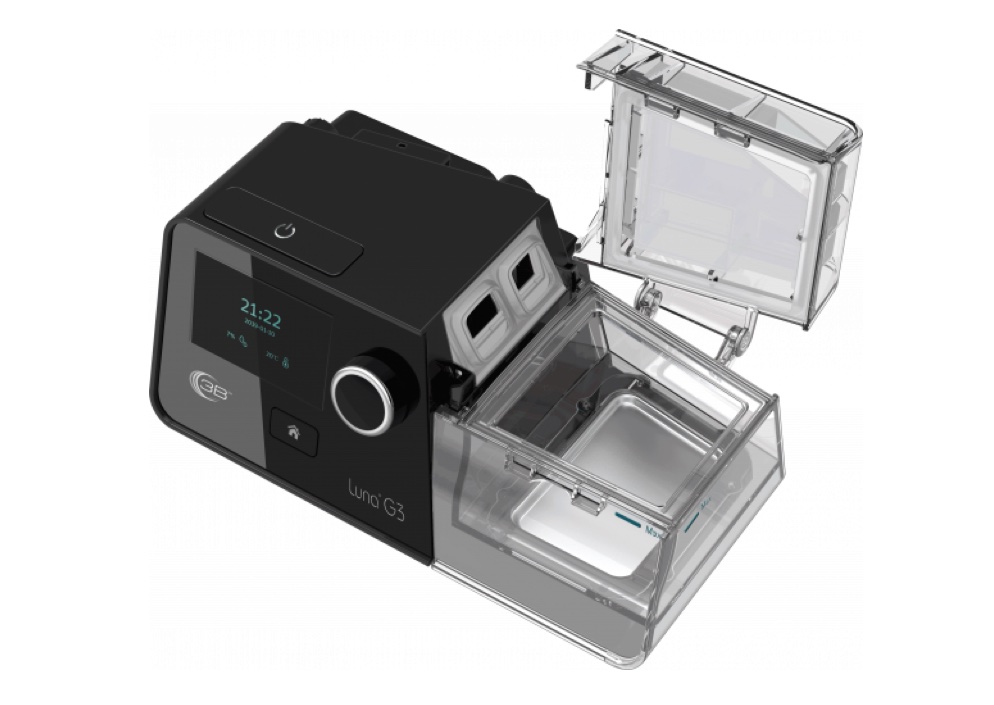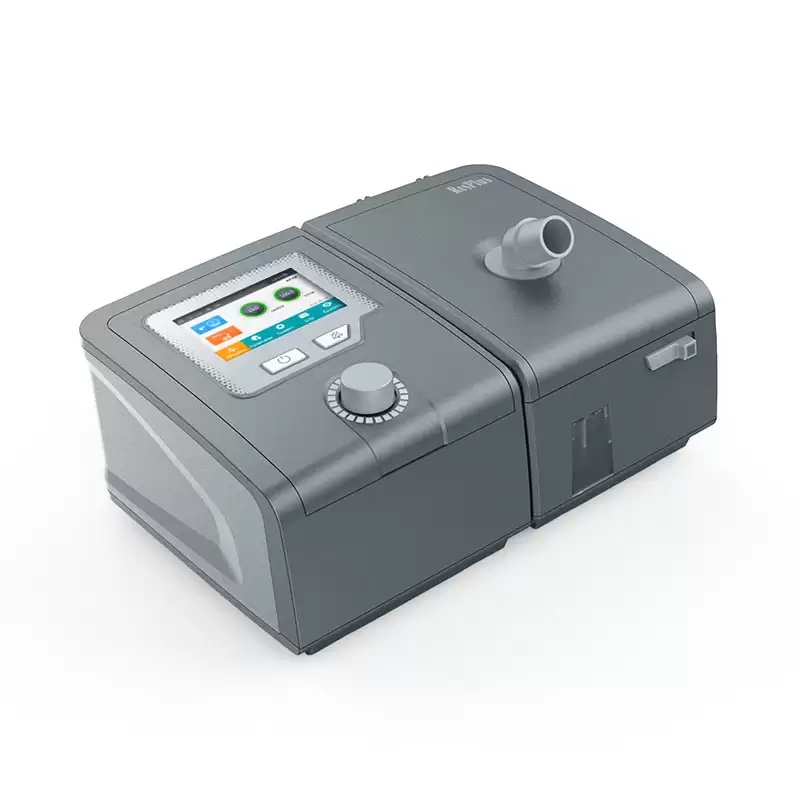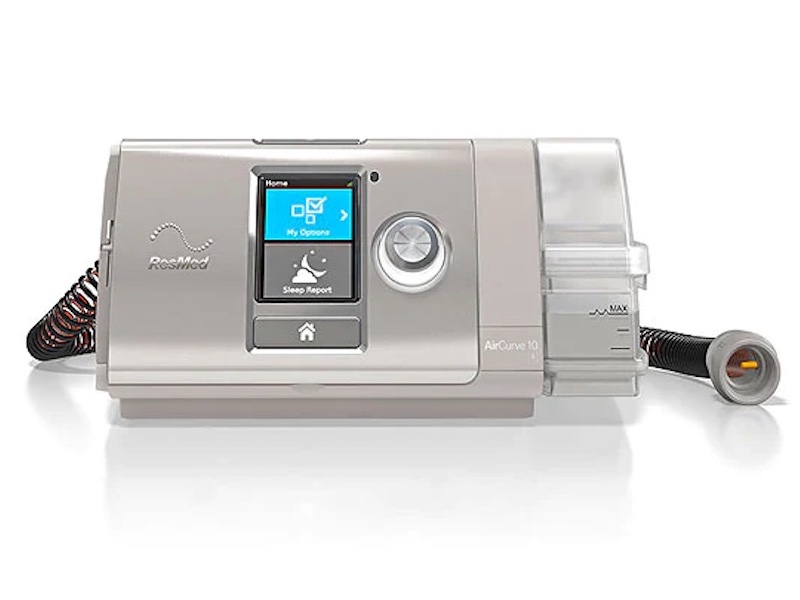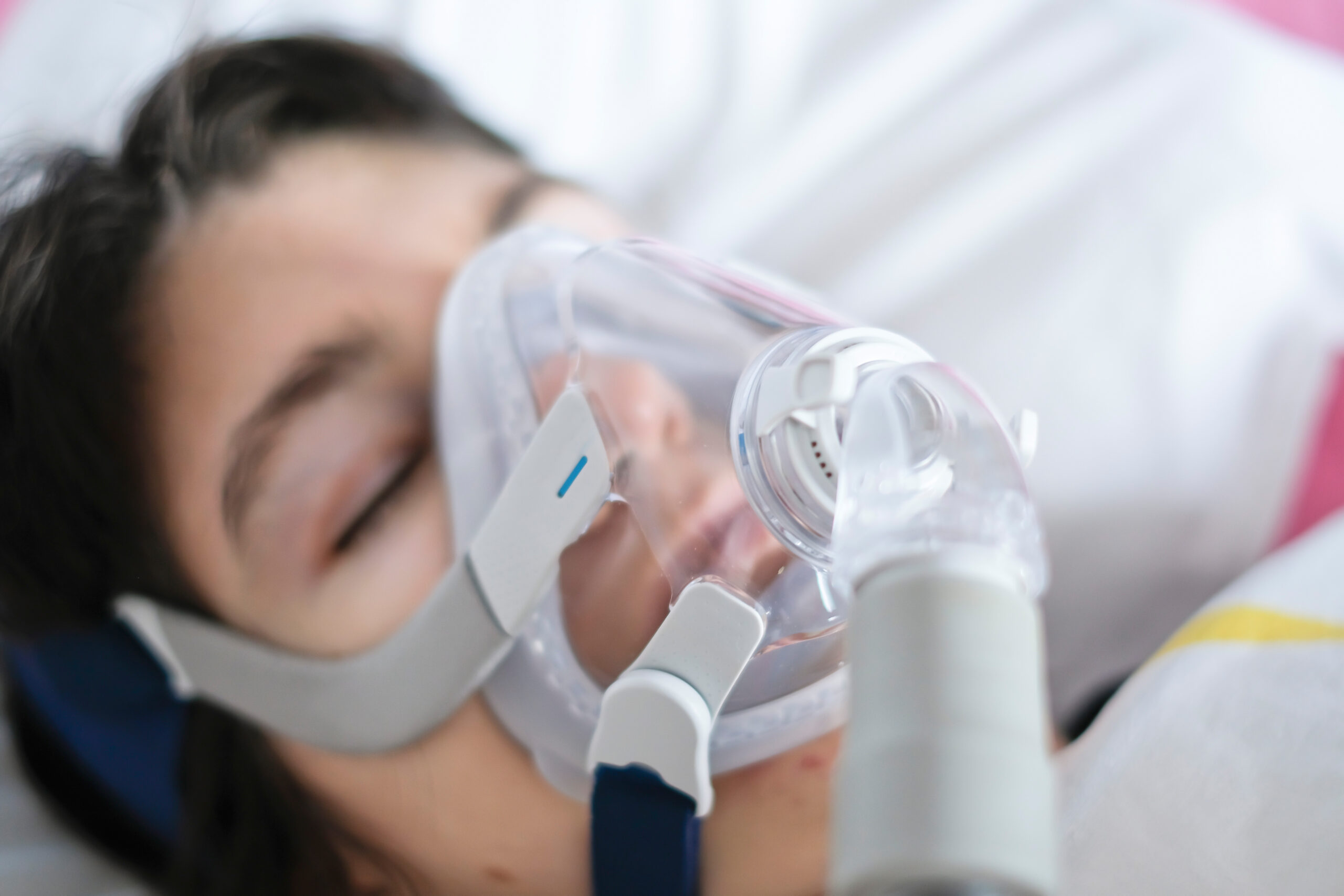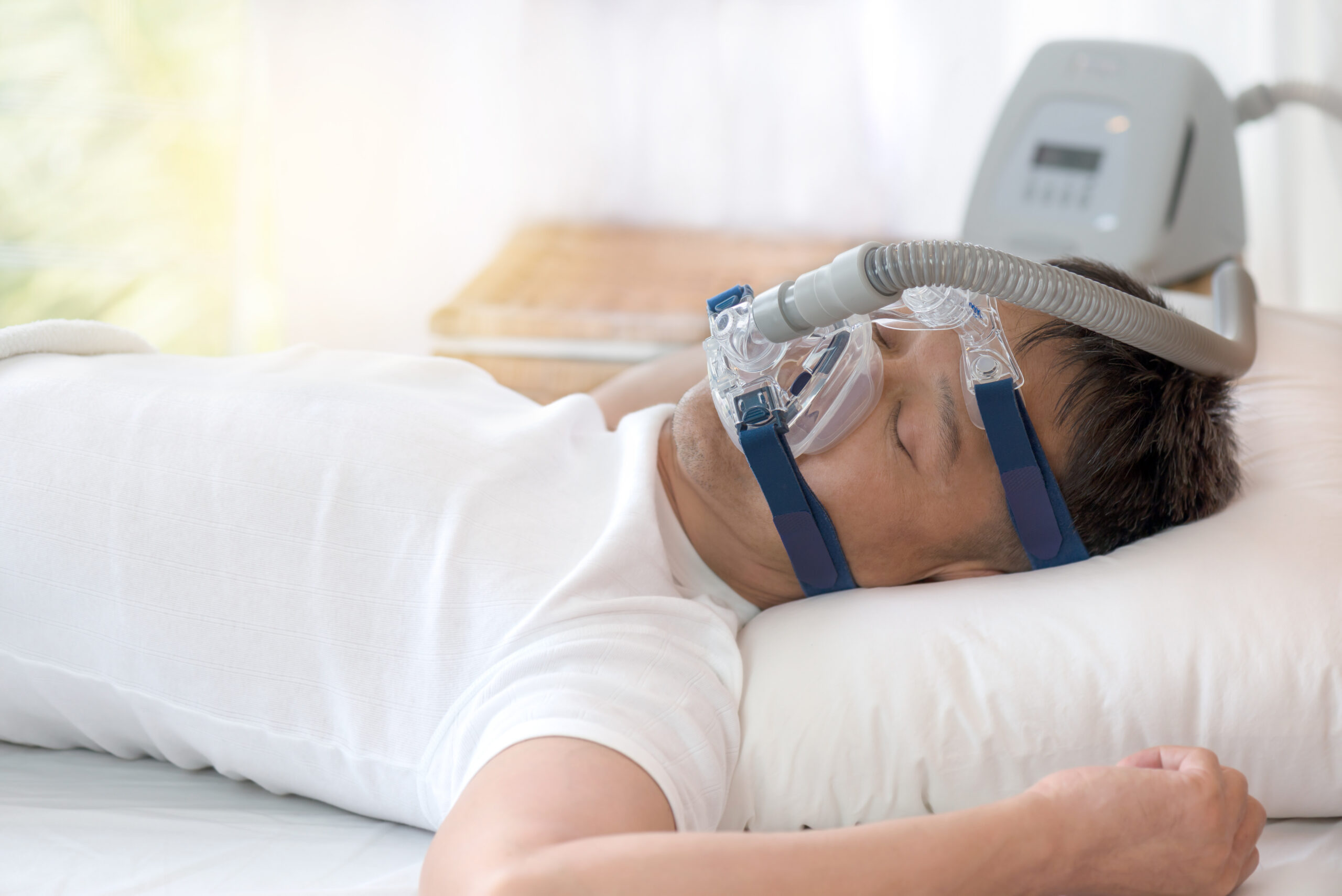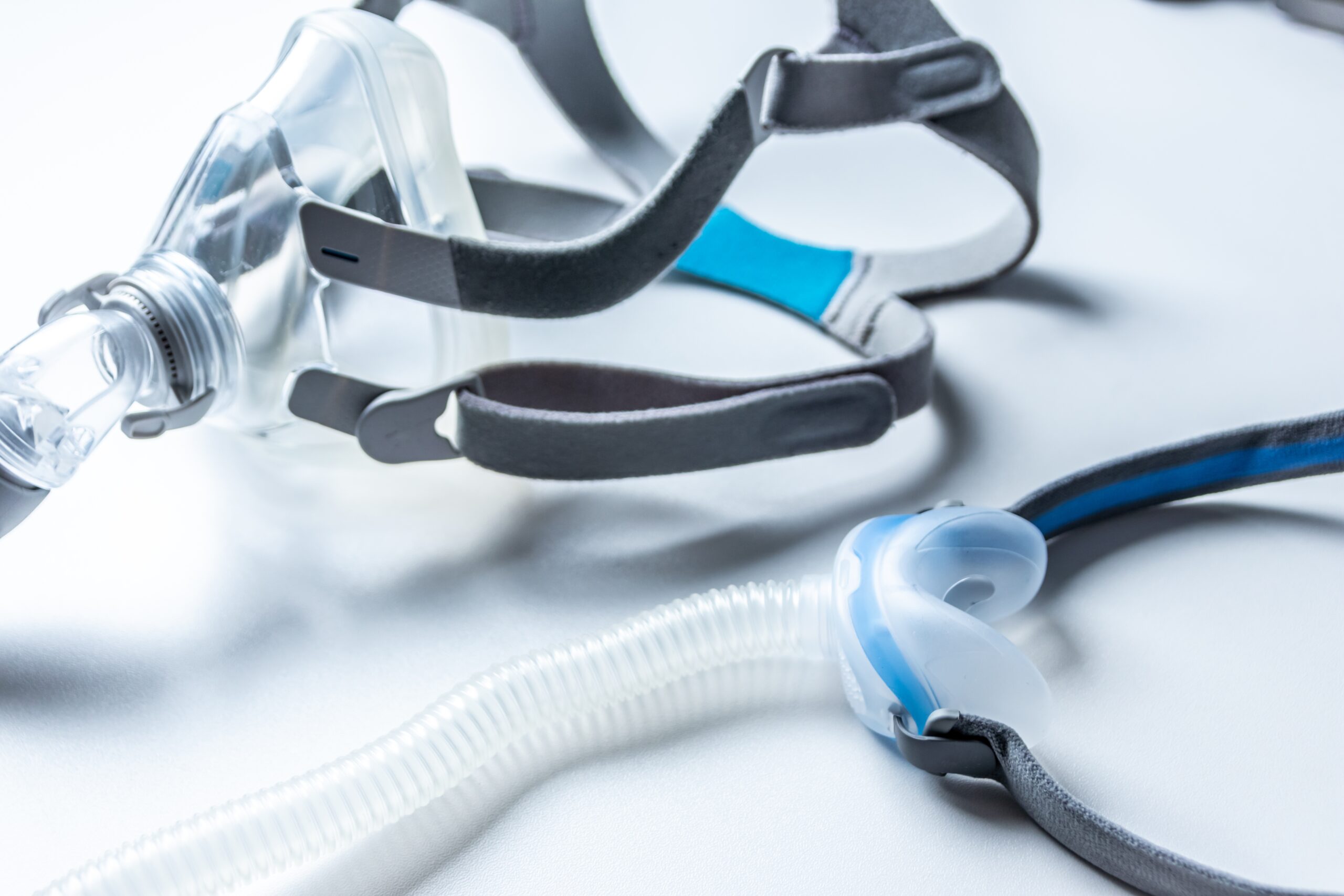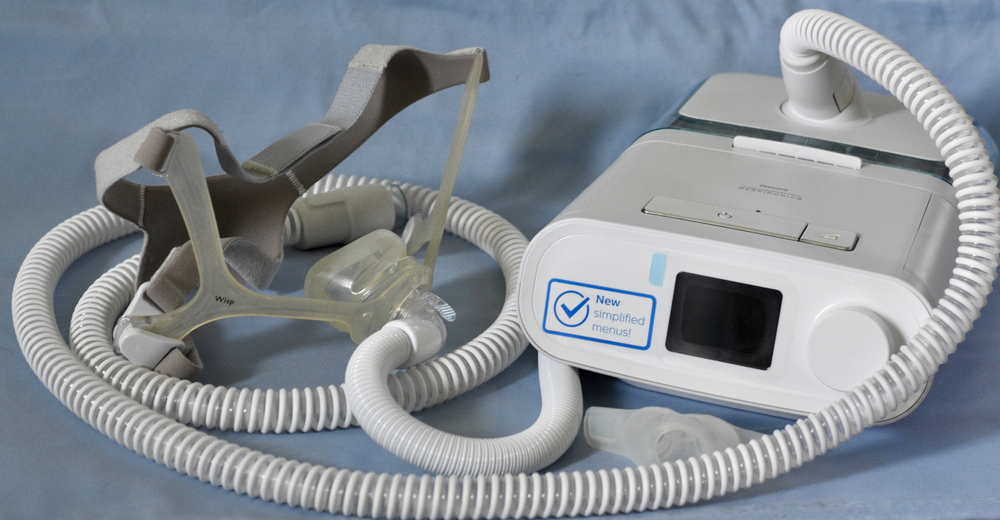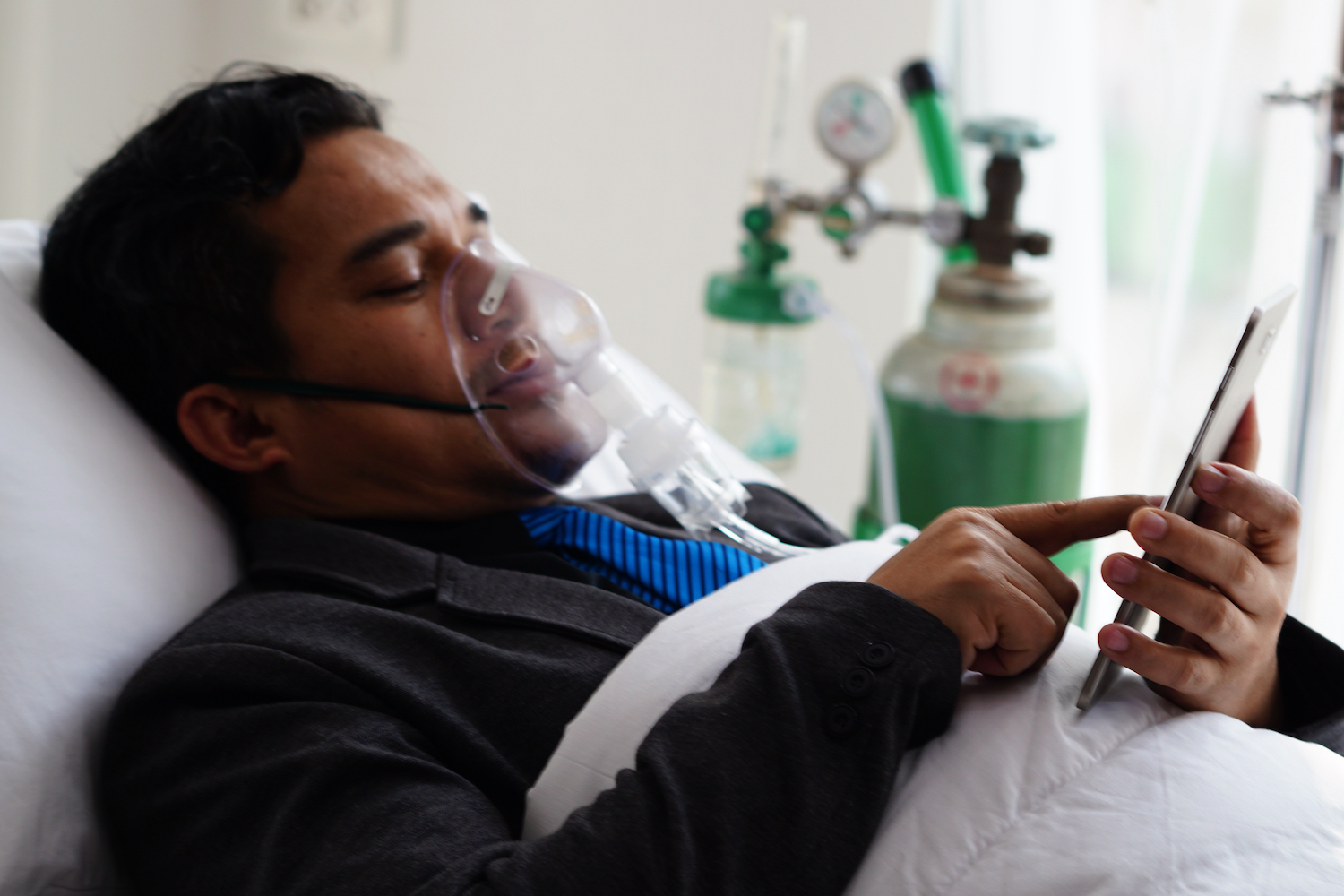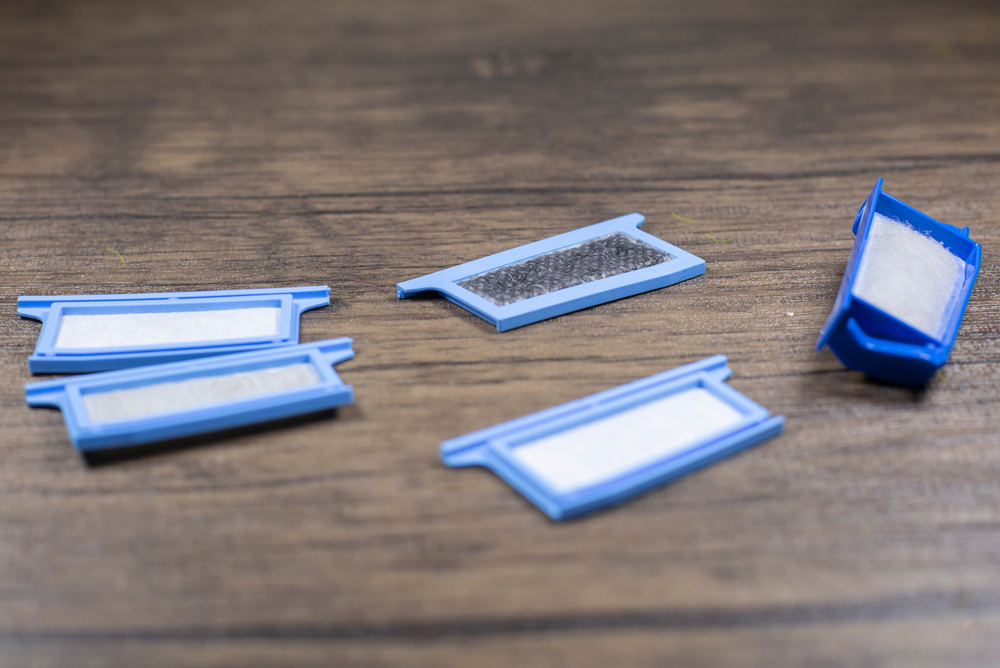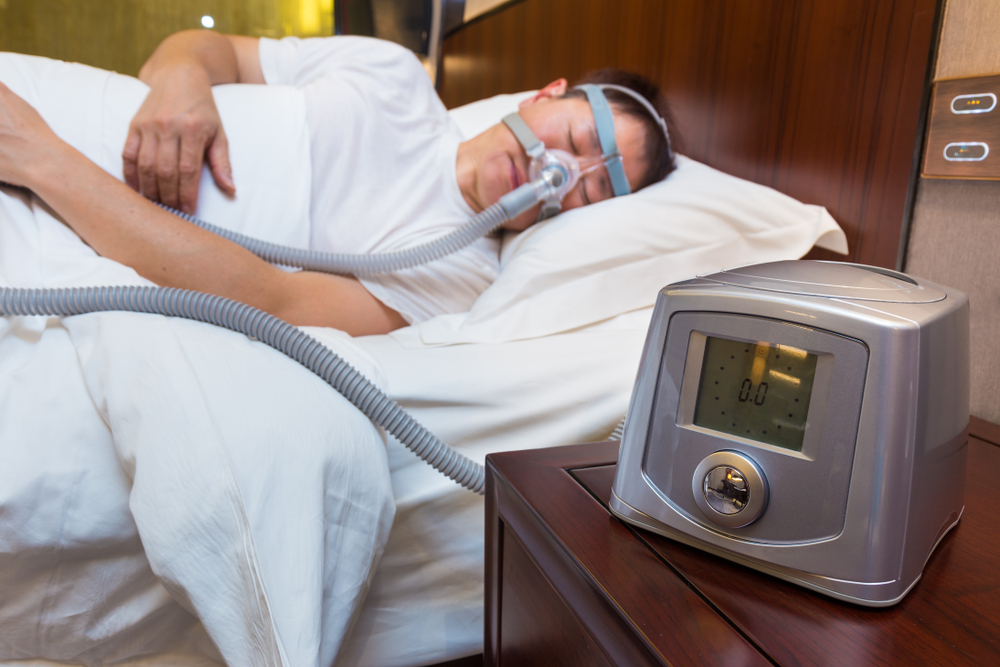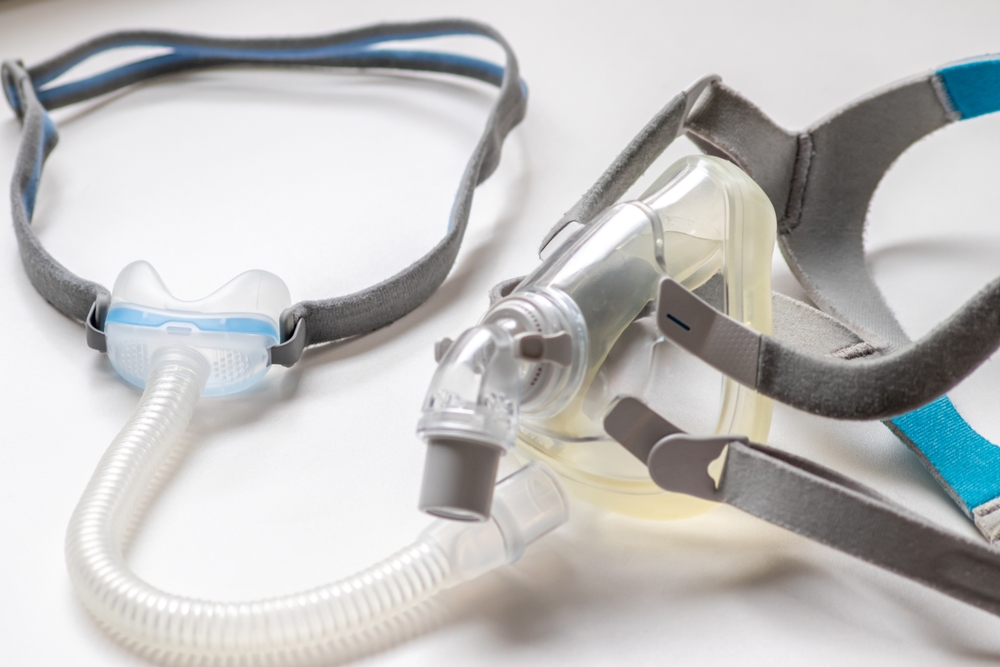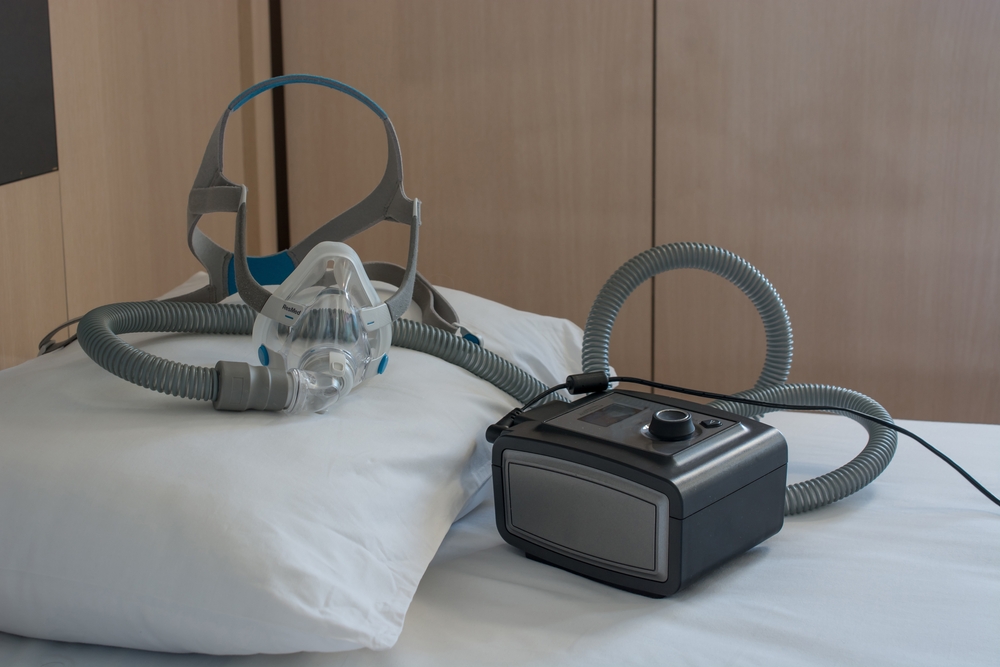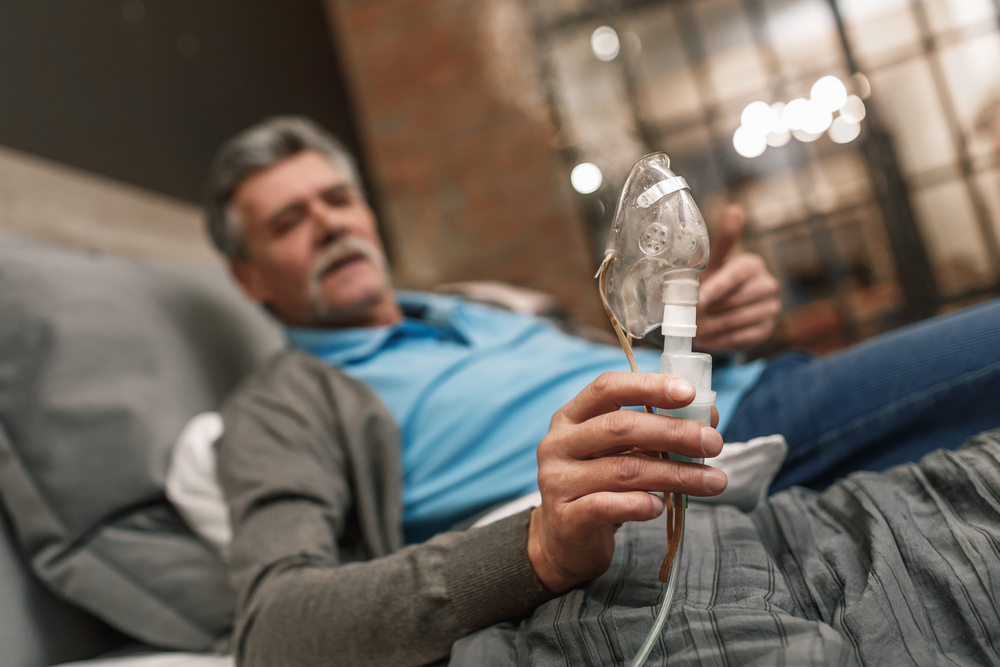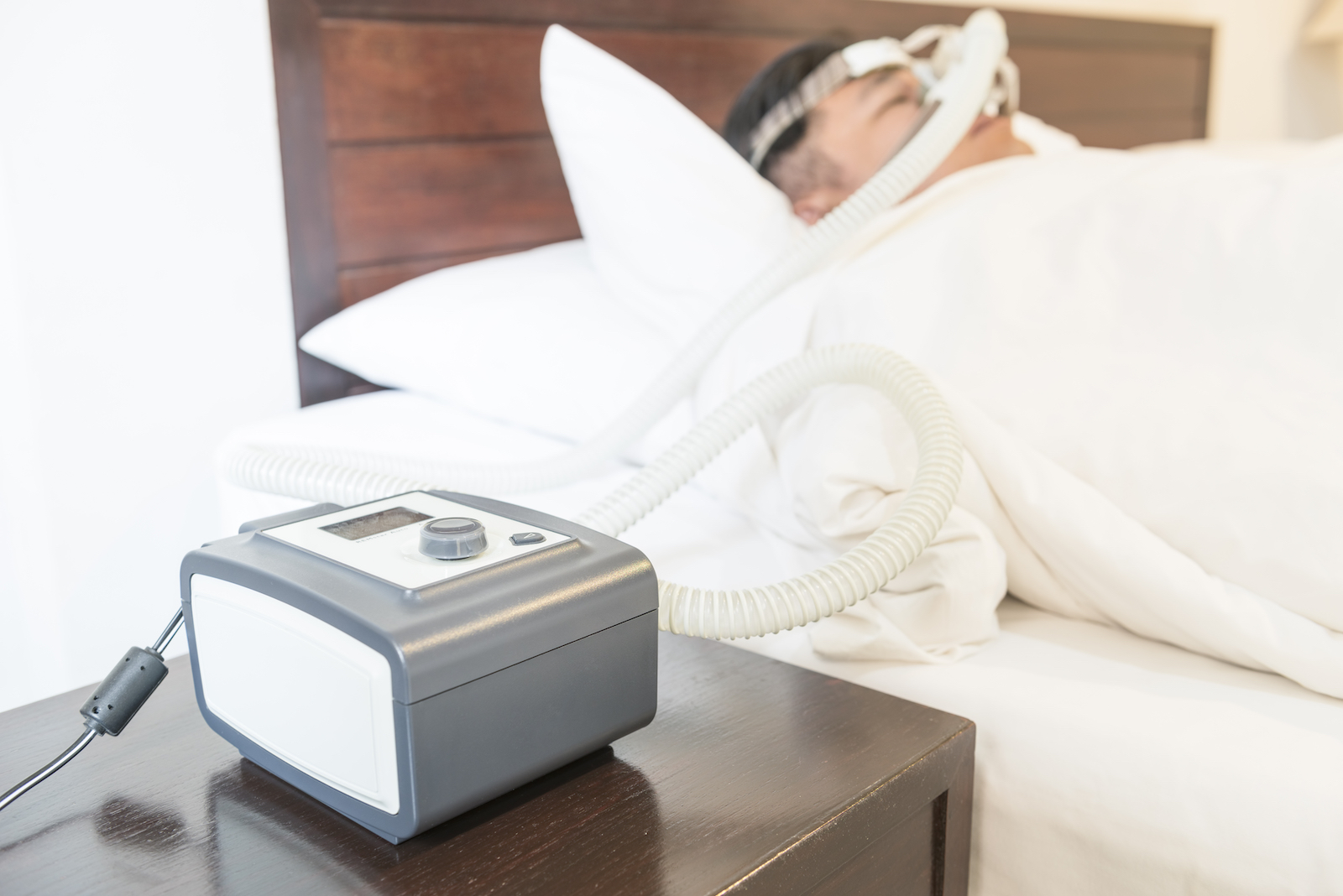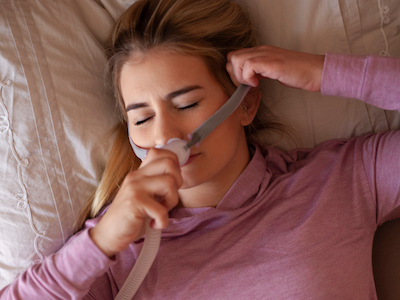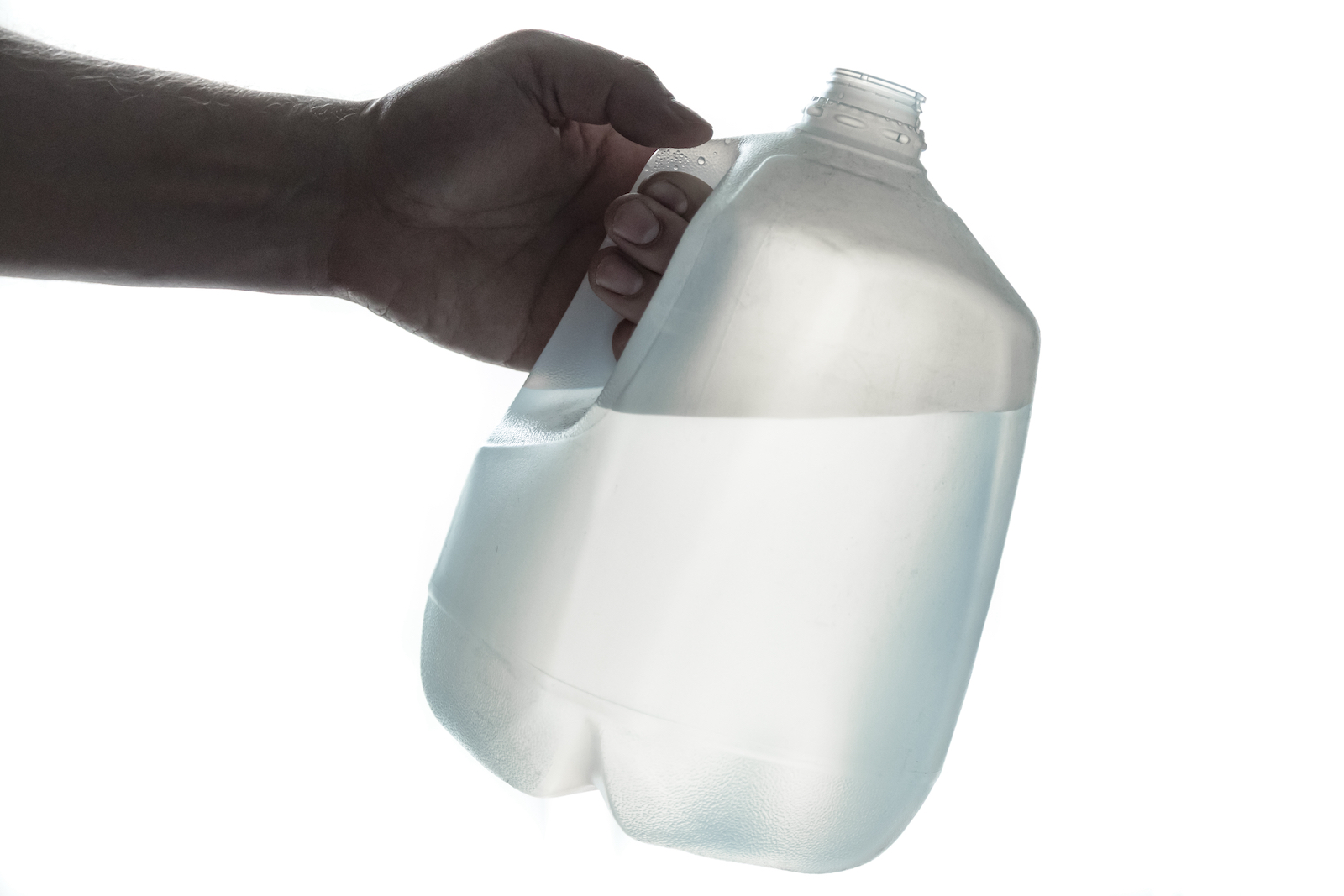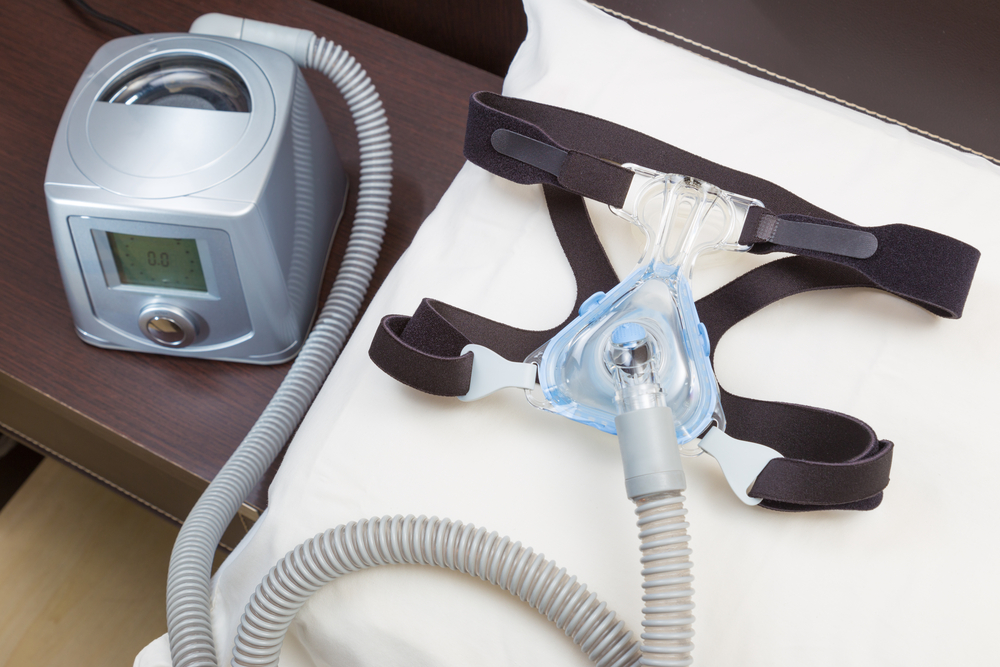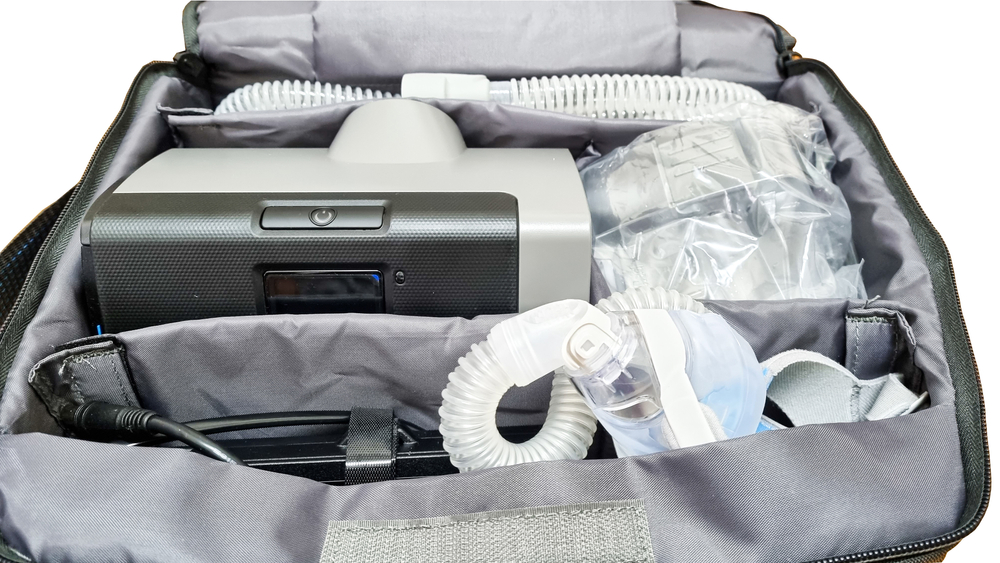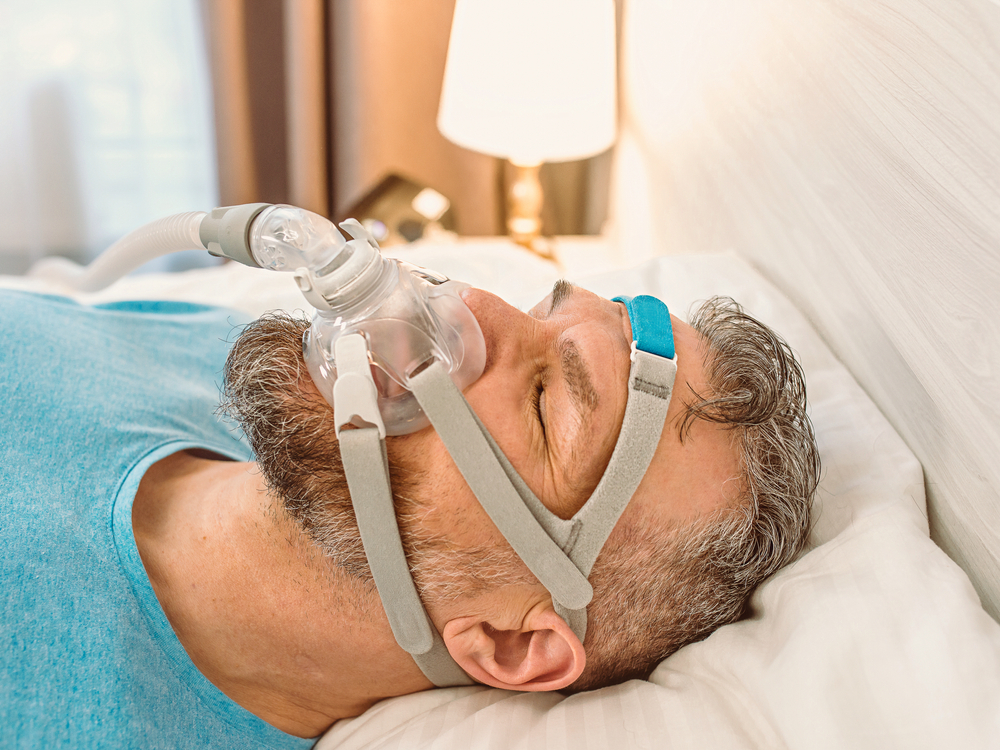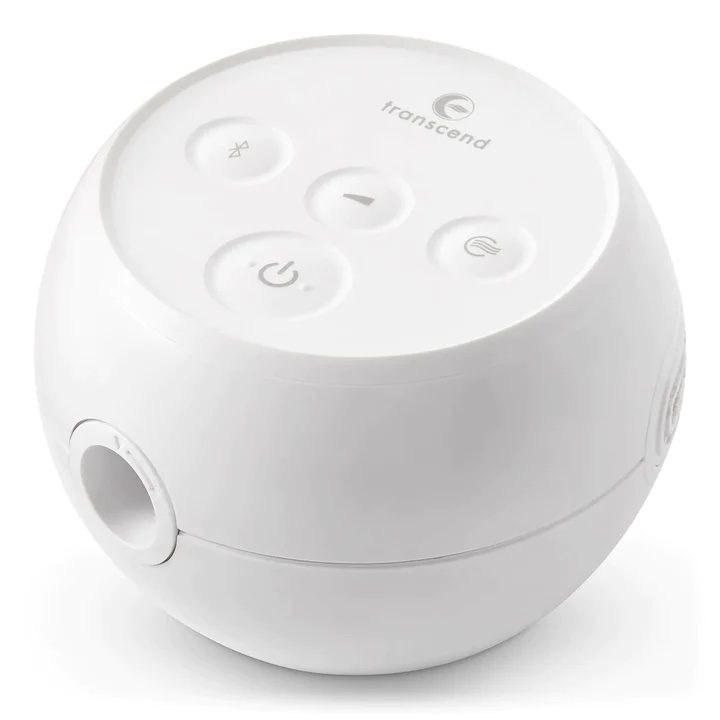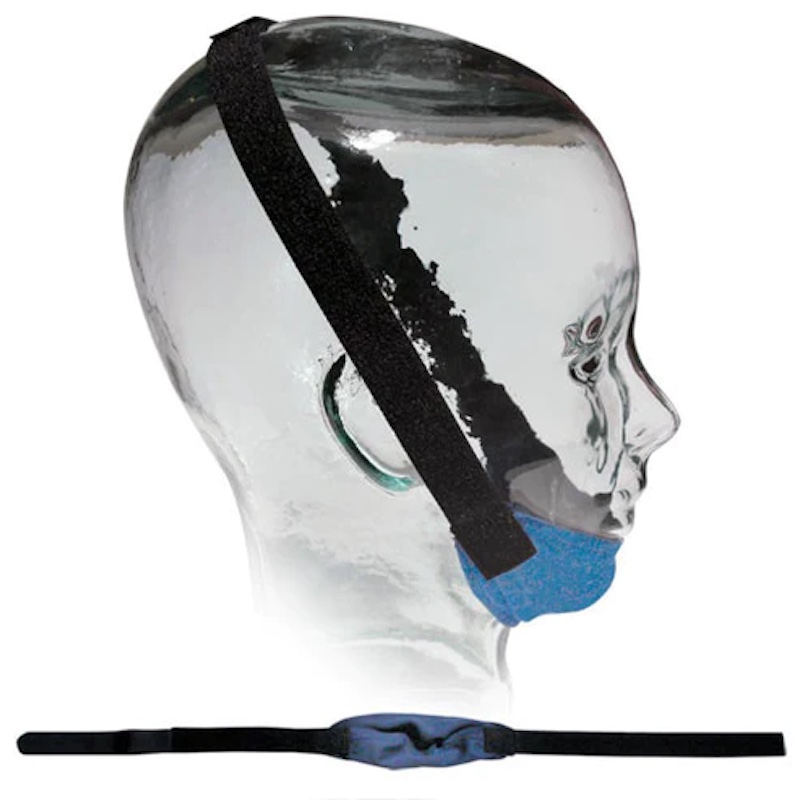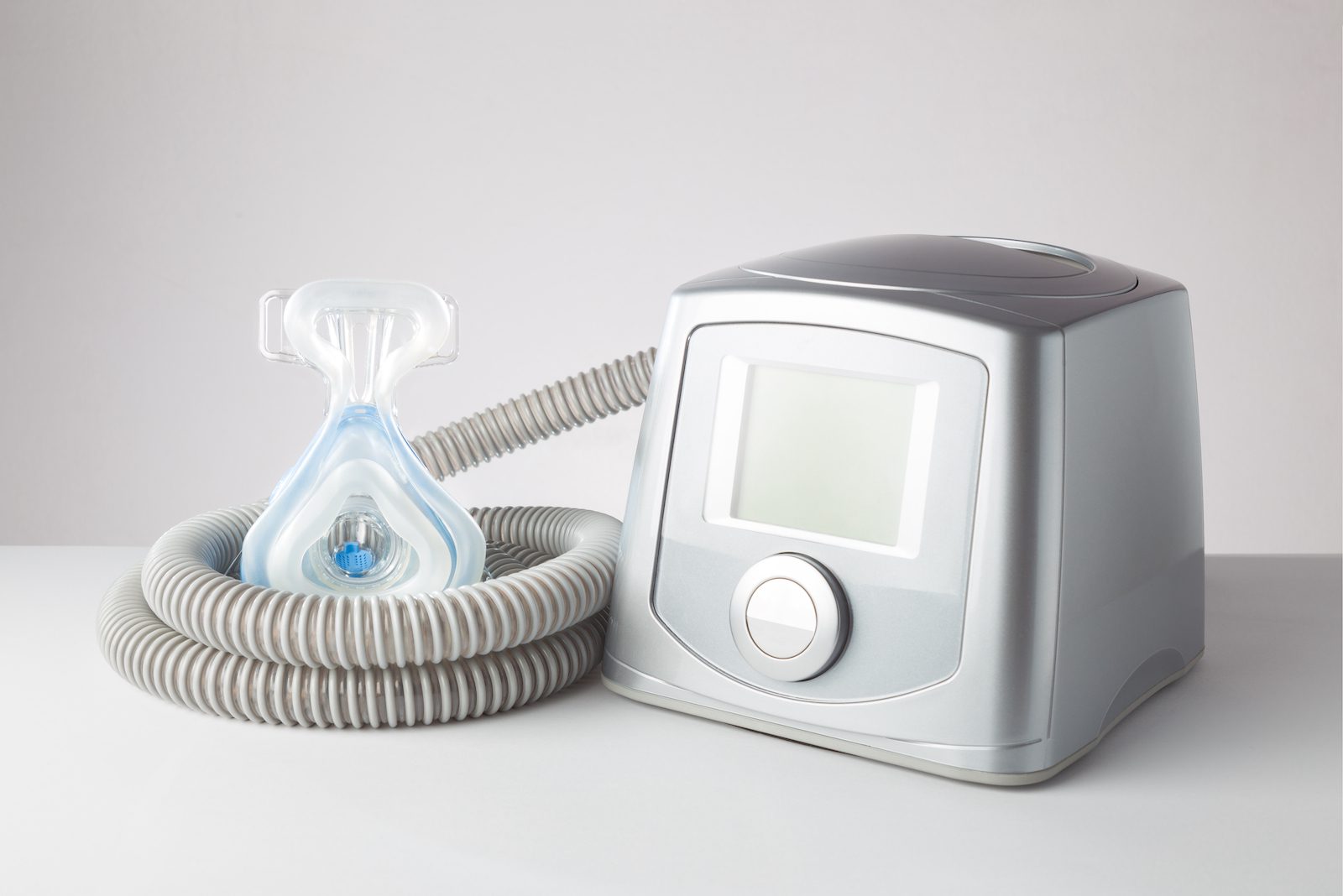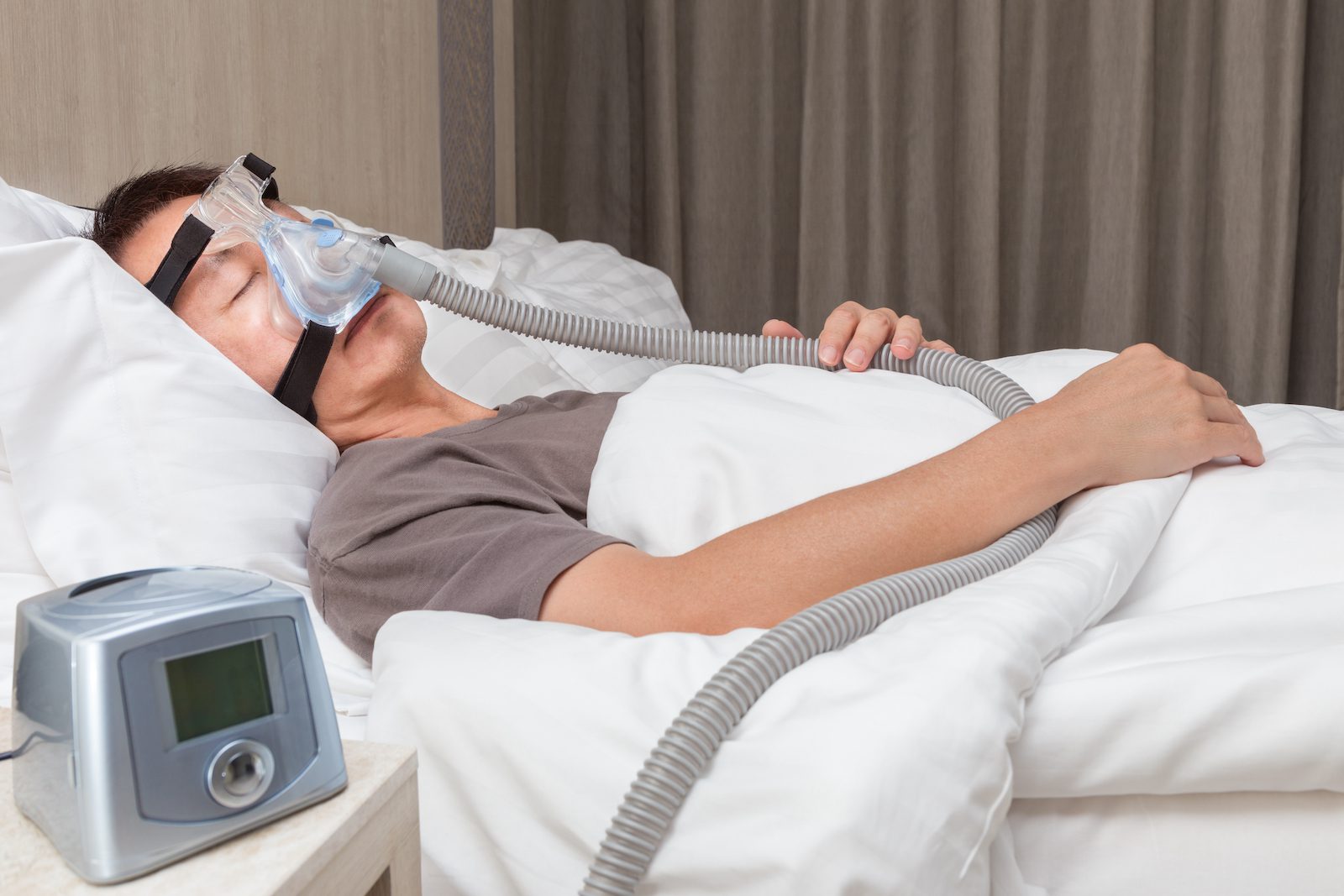Having a CPAP machine does not have to stop you from traveling. Whether you are camping, traveling internationally, or taking a cruise, CPAP travel batteries give you the flexibility to stay in places where access to American electrical outlets is limited or even non-existent. While something like a portable power station can provide enough power to run your machine, CPAP batteries are designed specifically for PAP machines and may be a more convenient option
We’ll walk you through the different kinds of batteries that are available, including how to choose the best one for your needs and how to use it so that you can stay healthy while you’re away from home.
What You Should Consider When Choosing a CPAP Travel Battery
Not all CPAP batteries are alike, and figuring out which is the best for you can feel like a complicated task. However, if you keep in mind a few important considerations, you will be able to narrow down the list of possibilities to the batteries that might work best for you.
CPAP Travel Battery Considerations
| Price | Price is always a factor when making a purchase. CPAP travel batteries generally cost between $200 and $600. While price can reflect important aspects of a battery, such as run time, it should not be the only basis for evaluating a battery’s quality. |
| PAP Machine Compatibility | Machine compatibility is the most important consideration when deciding between travel batteries, as not all batteries will work with every CPAP machine. Some are made by CPAP manufacturers specifically for use in their machines. In other cases, retailers will provide charts you can check for compatibility. |
| Charge Capacity | The charge capacity of a battery equates to how much power that battery can store. Most sleepers look for batteries with larger charge capacity, but it’s important to note that factors such as external temperature can cause a battery to not reach its full capacity. |
| Run Time | Run time indicates the number of hours that the battery can provide power to your CPAP before needing to be recharged. While any battery should keep your CPAP running for a night, some batteries can go for much longer. |
| Lifespan | Lifespan is how long you can expect a battery to continue to function. This is often described by manufacturers by the number of times the battery can be charged. After this number, batteries are less able to hold a charge. |
| Durability | The durability of a battery can be determined by how it is made and the likelihood that it would be damaged during normal use. The design and materials will impact the amount of wear and tear the battery can withstand. |
| Warranty | CPAP travel batteries generally come with a one-year warranty to protect against manufacturer defects. These warranties do not usually provide coverage for misuse or other damage. |
Are Inverters Useful When Traveling With a CPAP Machine?
Running a CPAP machine or charging a battery requires AC power, which comes from electrical outlets in most American homes. The power from car or RV electrical outlets is DC, which is not compatible. In order to use these vehicle outlets, you need an inverter, which switches DC to AC. If you travel regularly by car or RV, an inverter may be a useful accessory to have in order to keep your machine working and your battery pack full.
Differences Between CPAP Travel Batteries and Integrated CPAP Batteries
Travel batteries are separate power packs that plug into your CPAP machine. They are created specifically with travel in mind. Integrated batteries, on the other hand, are designed to fit specific machines and often only turn on when power from an outlet becomes unavailable. These backups can be used for travel, but that is not their main function.
If you prefer the flexibility of an external power source or are interested in having more than one backup battery, travel batteries may be right for you. If you want an at-home setup with fewer cords that does not take up additional space on your nightstand, you may prefer integrated batteries.
Is It Better to Use a Lithium-Ion or Deep-Cycle Battery When Traveling With a CPAP Machine?
The most common type of CPAP travel battery is lithium-ion. These batteries are easy to use, easy to carry, and tend to be comparatively affordable. Deep-cycle batteries are a type of lead-acid battery often found in RVs and boats. They provide a much longer run time before needing to be recharged, which may be what you need if you plan to go on lengthy off-grid camping trips.
Both kinds of batteries have their pros and cons.
Lithium-Ion vs. Deep-Cycle Batteries
| Lithium-Ion Batteries | Deep-Cycle Batteries |
|---|---|
Pros:
| Pros:
|
Cons:
| Cons:
|
Do You Need a Prescription for CPAP Travel Batteries?
Like many CPAP accessories, CPAP travel batteries do not require a prescription. However, you will need a prescription for the CPAP machine itself. Other equipment, such as your CPAP mask, may also require a prescription.
Does Health Insurance, Medicaid, or Medicare Cover Your CPAP Travel Battery Costs?
Health insurance companies, including Medicare and Medicaid, do not cover travel batteries at this time. Batteries are considered an optional accessory and are not seen as medically necessary since CPAP machines come with power cords to be used in electrical outlets. You can check your fee or reimbursement schedule to confirm your coverage.
Where Can You Buy a CPAP Travel Battery?
Battery packs are available for purchase online and at most medical supply stores. You will need to know the specifics of your CPAP machine in order to confirm that the travel battery you purchase will be compatible.
Online sellers will likely have a wider selection than brick-and-mortar stores. These retailers may also be more convenient. However, shopping in person can be useful for those who need additional help making their purchase.
When Traveling With a CPAP Battery
Many CPAP travel batteries are FAA compliant, but you should always check the manufacturer information for confirmation. This can often be found in the printed material included in the package or online on the company site. Lithium-ion batteries cannot be placed in checked luggage, but they are allowed in your carry-on.
Other than battery packs, CPAP machines and accessories can be packed in checked luggage. They should be placed in the center of your suitcase surrounded by soft material to provide extra protection. CPAPs, including batteries, can be taken on as carry-on luggage. Because CPAP machines are medical equipment, they will not count as one of your two carry-on items. However, you will need to be prepared to take the machine out of its case when going through security.
Both portable power stations and CPAP travel batteries will provide the necessary power to run your machine.
A portable power station functions essentially as an outlet similar to what you might find in your home. You do not need any adapters or other equipment in order to plug in your machine. Stations can also be used to power other equipment. However, they can be somewhat heavy and bulky. If space is a concern, a power station may not be the best option.
CPAP travel batteries are designed specifically for CPAP machines and are only compatible with certain makes and models. While this limits their usefulness for other power needs, they have the advantage of being small, lightweight, and easy to use.
Still have questions?
Sleep apnea products can be confusing. If you need individualized assistance, send us an email at [email protected] with your questions and we'll help find the best fit for you.


